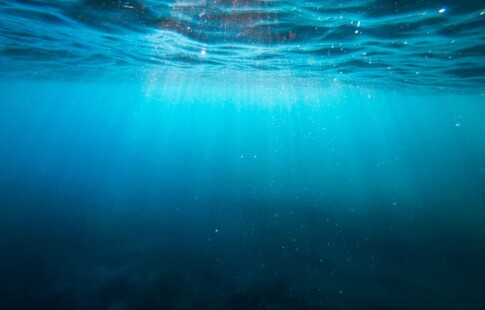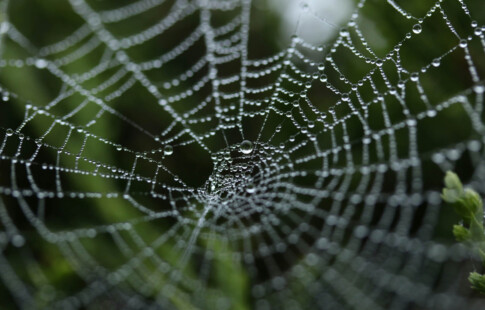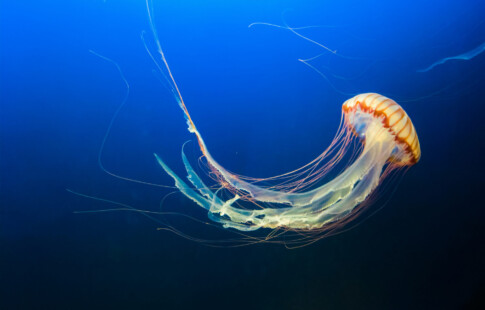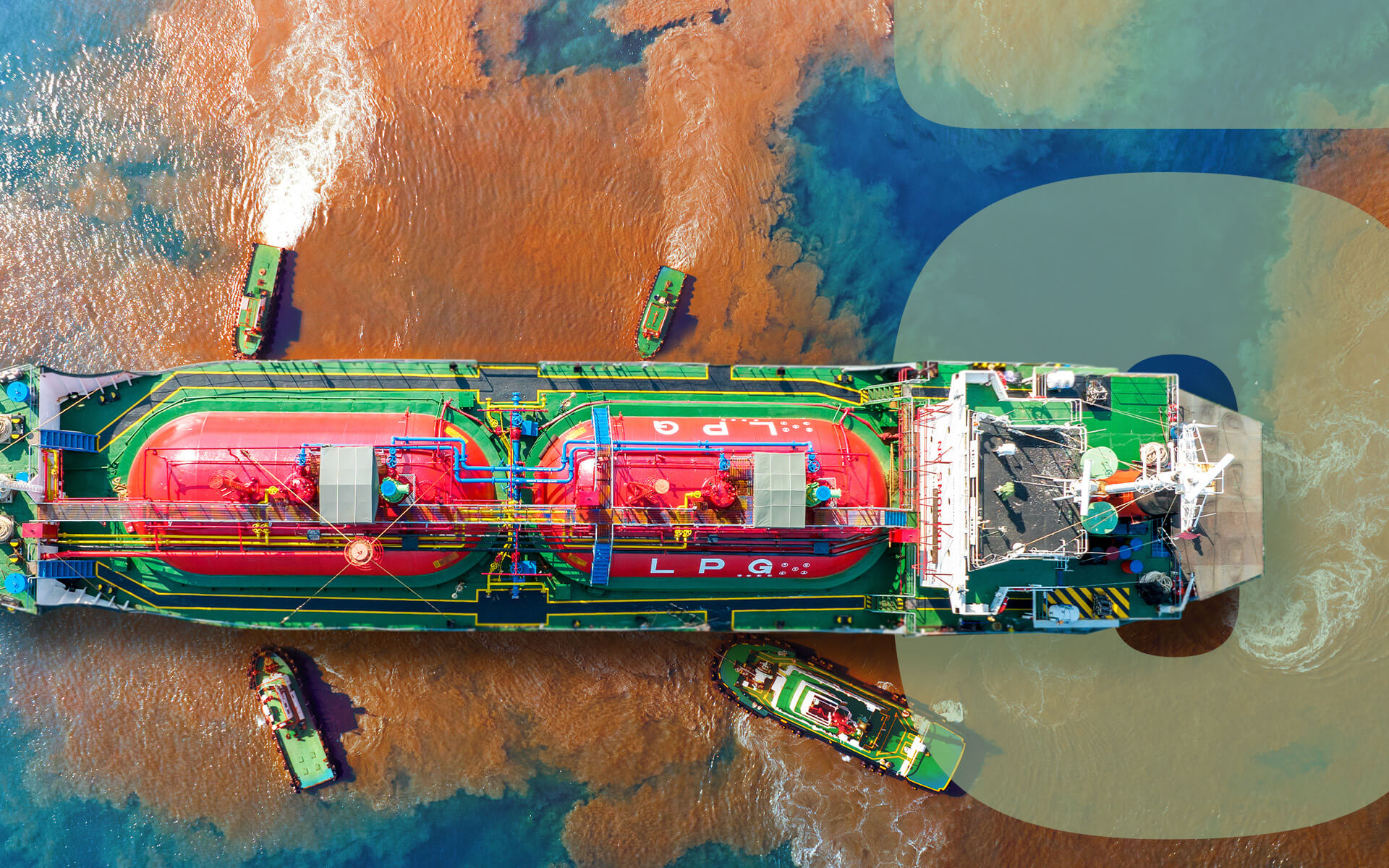
Most Notable Oil Spills Throughout History
We are reader-supported. When you buy through links on our site, we may earn affiliate commission.
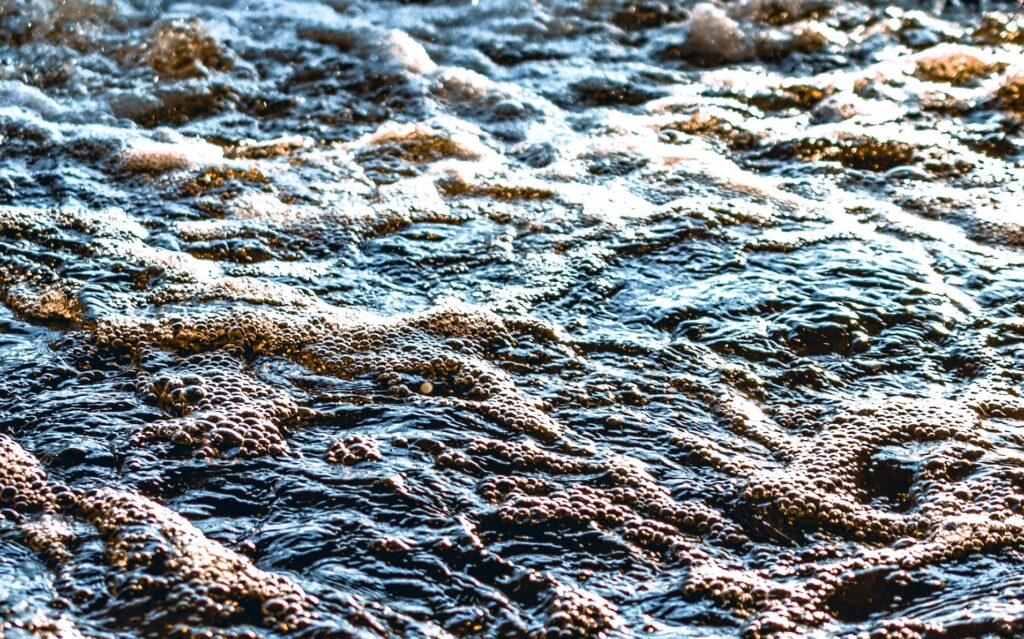
Americans rely heavily on the oil and gas industry. They use the power sources to heat their homes, fuel their vehicles, charge their electronics and more. Though many individuals utilize the fuel sources every day, they rarely consider their origins.
Fracking and drilling for oil have significant impacts on the environment, minimizing their sustainability. They produce chemical waste from illegal dumping in the sea and unintentional spills, causing adverse environmental effects on marine biodiversity. Before examining the most notable oil spills throughout history, we must assess the phenomenon independently.
What is an Oil Spill?
Oil is a historic fossil fuel residing in the depths of the planet. It remains in rock’s pores below the ground or ocean floor. Drilling professionals tap into the holes, accessing the oil by pumping it to the surface.
Once professionals collect crude oil, they transport it to refineries using pipes, trucks, trains and ships. In refineries, individuals transform the product into petroleum, plastic, asphalt, paint and more. When oil wells experience pressure changes, pipelines break or transportation ships sink, the product can pollute local environments.
America experiences thousands of oil spills annually, and the media rarely covers the incidences. There are various reasons the spills occur, and evaluating them can help professionals effectively prevent future disruptions.
What Causes Oil Spills Throughout History?
A common cause of oil spills is inefficient storage practices. After extraction, professionals place the product in tanks above or underground. Poor monitoring practices cause storage containers to develop leaks.
Over time, the leaks can release a significant quantity of oil into the environment. Another important cause of spills is tank ruptures during transportation. Some ship- and truck-related leaks account for over a million gallons of oil pollution.
Offshore drilling causes some of the most detrimental ecological impacts from oil spills. The degradation occurs from inefficient rig maintenance and sub-surface pressure differentiations. When spills happen in the ocean, they can produce fatal effects for aquatic life and rig operators.
During oil spills, rigs also release methane into the environment – a potent greenhouse gas. Researchers found wells in the North Sea emit more methane than 330,000 vehicles. When the emissions reach the atmosphere, they alter its composition, limiting its ability to regulate surface temperatures.
As methane accumulates in the environment, it traps solar radiation and overproduces heat. When Earth’s temperature rises, its changes the climate and creates ecological degradation. Examining the most notable oil spills throughout history can help professionals minimize future degradation.
The BP Deepwater Horizon Spill
One of America’s most recognizable oil spills was British Petroleum’s (BP’s) Deepwater Horizon explosion. The spill occurred on April 20, 2010, in the Gulf of Mexico. Researchers identified various incidents causing the detrimental explosion.
The day before the spill, rig operators pumped cement to the bottom of the borehole, preventing leaks. Unfortunately, the formulation was unable to avoid the effects of pressure differentiations. After workers laid the cement, they ran tests to determine the seal’s efficiency.
The rig operators misinterpreted the test’s results, disrupting the well. It also prevented operators from identifying the leak sooner, limiting the time available to control it. The gas alarm on the oil rig also failed, eliminating signs of error.
All of the rig’s failures together led to the mass explosion in the Gulf. The incident killed 11 individuals and caused significant amounts of aquatic degradation. Another historic spill occurred in the Persian Gulf, producing adverse marine effects.
The Amoco Cadiz Spill
The Amoco Cadiz Spill is the fourth largest transportation-related incident in history. It occurred on March 16, 1978, during a heavy storm. Large waves created steering challenges, pushing the ship towards the Breton shoreline.
The vessel reached the Portsall port near northwest France, crashing onto a rock. After the crash, the ship split into three parts, sinking and releasing 220,000 tons of oil into the ocean. The spill polluted nearly 300 kilometers of Europe’s coast.
Environmentalists used chalk as a sinking agent, removing oil from the surface to protect coastal biodiversity. The cleanup agent effectively decreased surface-level pollution, and oil remains on the ocean floor today.
The Castillo de Bellver Spill
Another spill occurring in the Persian Gulf happened about a half-decade later. The supertanker was carrying 252,000 tons of oil towards Spain. As the ship passed the Saldanha Bay, it caught fire.
Researchers remain unsure of the fire’s origin. Fortunately, first responders rescued all of the crew members before the ship split in two. After the vessel divided, it sank to the ocean floor, releasing about 100,000 tons of oil into the water.
Most of the oil remains on the ocean floor northwest of Cape Town, South Africa. Aquatic species still experience adverse effects from the spill, nearly 40 years later. After evaluating the notorious oil spills throughout history, individuals may question how we can prevent future incidents.
How We Can Prevent Future Spills
As technology advances, there are ways society can decrease its reliance on fossil fuels, preventing oil spills. Renewable energy sources, like solar and wind power, are influencing the modern power sector. The power sources require no drilling or fracking, preserving the natural ecosystem.
Additionally, renewable energy sources produce zero greenhouse gas emissions, preventing climate change. Over time, decreasing our reliance on oil and gas can minimize extraction processes, resulting in fewer spills.
Share on
Like what you read? Join other Environment.co readers!
Get the latest updates on our planet by subscribing to the Environment.co newsletter!
About the author

Jane Marsh
Starting from an early age, Jane Marsh loved all animals and became a budding environmentalist. Now, Jane works as the Editor-in-Chief of Environment.co where she covers topics related to climate policy, renewable energy, the food industry, and more.


